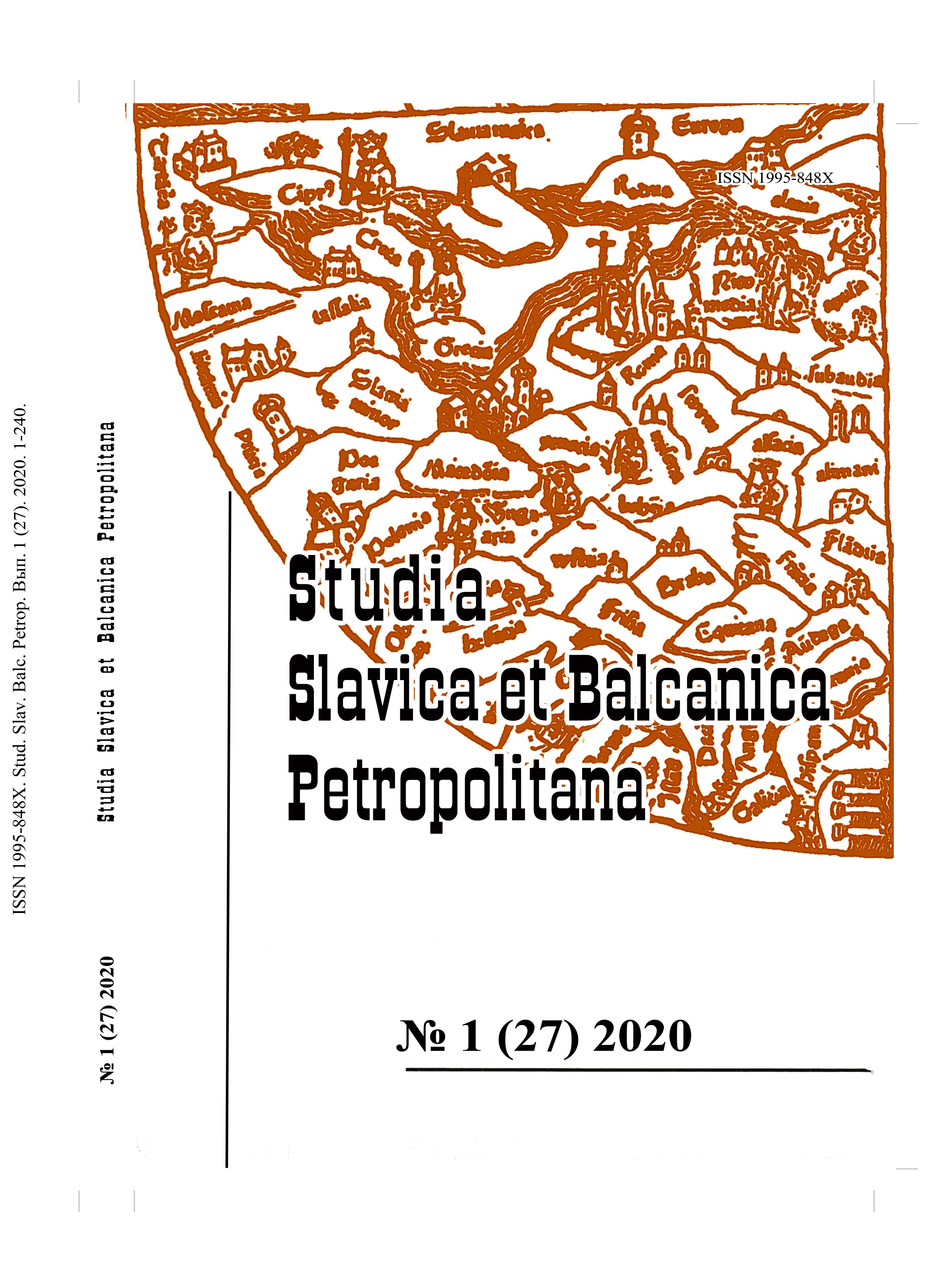Как сегодня изучать историю Восточной Европы? Дискуссия
How to study the history of Eastern Europe today? Discussion
Author(s): Alexander Iljich Filyushkin, Aleksei Martyniuk, Aleksey Viktorovich Martyniouk, Miroslav Daniš, Denis Eugenievich Alimov, Vyacheslav Vasilyevich Churzin, Mikhail Vladimirovich Dmitriev, Jörg Hackmann, Anti Selart, Lyudmila Ivanovna Ivonina, Andrey Valentinovich Kuzmin, Mihailo PopovićSubject(s): History, Cultural history, Ethnohistory, Local History / Microhistory, Period(s) of Nation Building
Published by: Издательство Исторического факультета СПбГУ
Keywords: Old Russia; Eastern European Middle Ages; Byzantium; medieval studies; global history; civilizational approach; regional studies; historiography; methodology; historical memory
Summary/Abstract: The discussion, devoted to the consideration of the papers of Alexander Filyushkin and Alexey Martyniuk, took part at the special section of the Petersburg Historical Forum. The participants are from Russia, Austria, Slovakia, Estonia, Germany etc. Participants in the discussion highlighted the problematic points in the study of the history of the Eastern European region: the difficulty of defining the geographical and chronological framework, the problems of an established terminology, the break in the historiographic tradition, the need to search for new methodological tools and, at the same time, to verify the correctness of its application. Arguments were expressed both “for” and “against” the proposed thesis of Alexey Martyniuk about the “Byzantinization” of the history of Old Rus’. Most of the speakers spoke in favor of overcoming the situation of “national fragmentation” of the medieval history of Eastern Europe. The development of that research perspective that would allow us to see the history of this region as the history of a single space, which has its own dynamics, its own “rhythms” and its own characteristics, which are not reducible only to the common history of modern states and nations. The importance of comparative studies was emphasized — the need, when considering the history of Old Rus’ and the Eastern Slavs in the Middle Ages and Early Modern Times, to refer to the experience of studying the history of the southern and western Slavs, Byzantium and the medieval Balkans, the regions of the Baltic and Black Seas and, in the end, not to be afraid the search for typological parallels in “distant lands and eras” — in the history of Antiquity, the medieval Latin world, classical Western European Modernity. The discussion showed the importance of historians’ reflection on the subject and method of their research, as well as the need for constant professional dialogue between representatives of different national schools and historiographic traditions.
Journal: Петербургские славянские и балканские исследования
- Issue Year: 2020
- Issue No: 1 (27)
- Page Range: 39-65
- Page Count: 27
- Language: Russian

